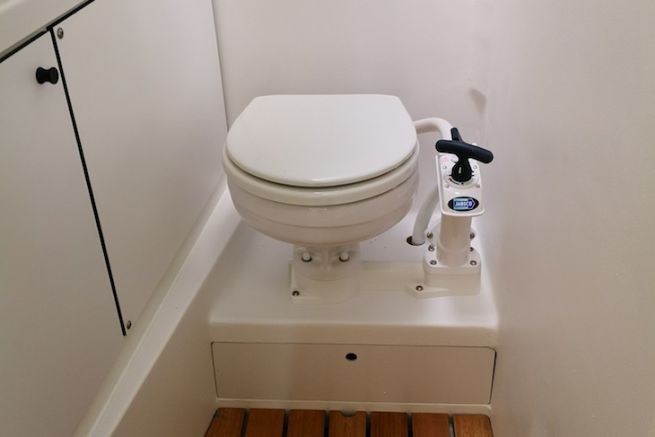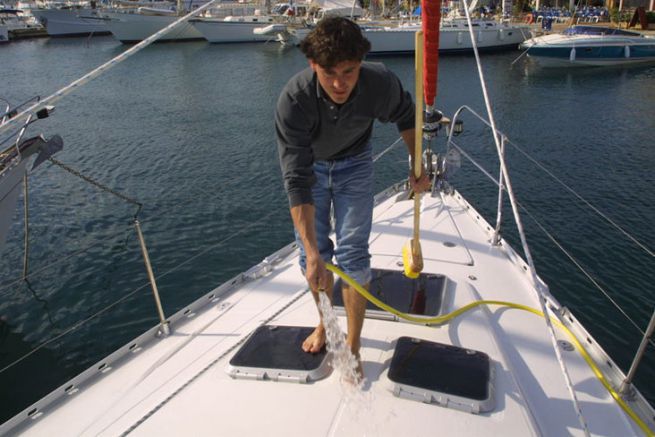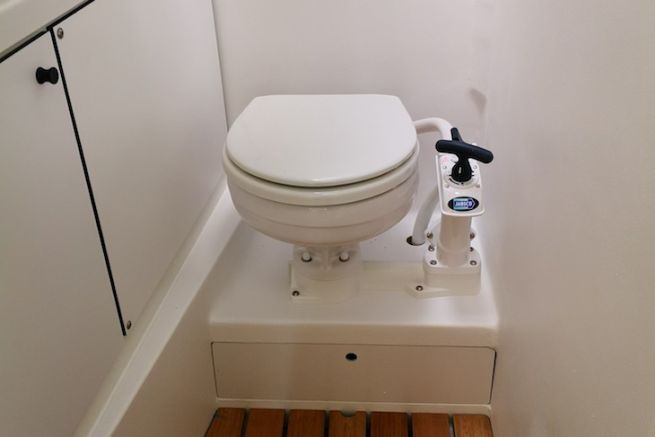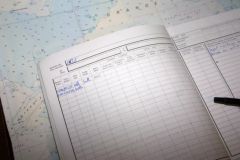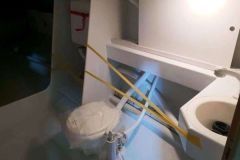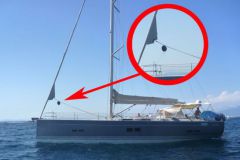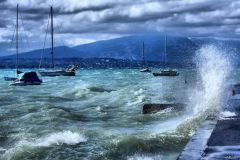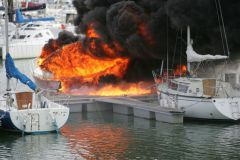We have seen in a first part which definition was hidden behind black water, grey water and grey water We will now look at the regulations. Is there a law that governs the management of this wastewater? What are the practices to adopt to protect the environment?
Wastewater regulations
The water law of December 30, 2006, article L341-13-1 specifies: " In order to ensure the protection of public health and the aquatic environment, recreational vessels equipped with toilets and built after January 1, 2008, which access maritime and river ports as well as anchorage and light equipment areas shall be equipped with facilities for either storing or treating the wastewater from these toilets."
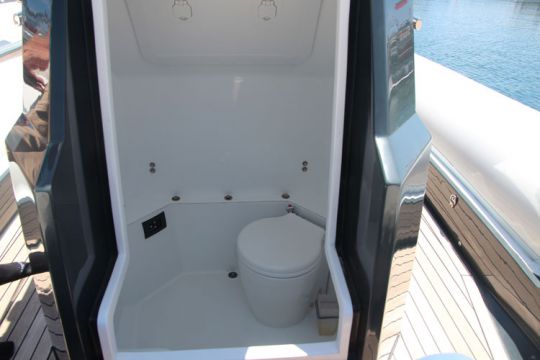
For all boats built after 1 e as of January 1, 2008, the directive specifies "every toilet installed on a boat must only be connected to a water retention or treatment system that meets current standards common throughout Europe."
In practice, therefore, it is forbidden to discharge this wastewater in ports as well as in the 3 mile zone. In case of infringement, a fine of 4,000 euros for a vessel of less than 20 m may be required. However, if the vessel is equipped with a grinding and disinfection system, it can discharge its wastewater - and therefore treated - directly into the sea, more than 3 nautical miles from land and at a moderate speed of at least 4 knots.
In the case of unmilled and undisinfected wastewater, a distance of more than twelve nautical miles from land must be observed.
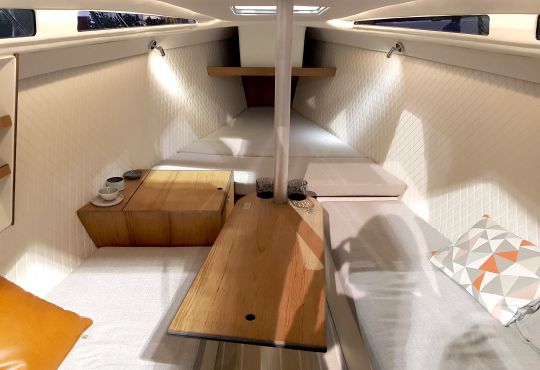
What solutions?
In order to meet this obligation, builders or boaters whose boats are not equipped with one will have to install a collection or treatment system for black water.
Recovery tanks black water tanks are installed directly during construction or can be adapted on existing marine toilets. They allow storage before emptying in dedicated port stations.
Chemical toilets which consist of a removable tank that empties on the ground. This is the same system used in motor homes.
Dry toilets which consist of a bucket and a plastic bag and are then thrown in the trash.
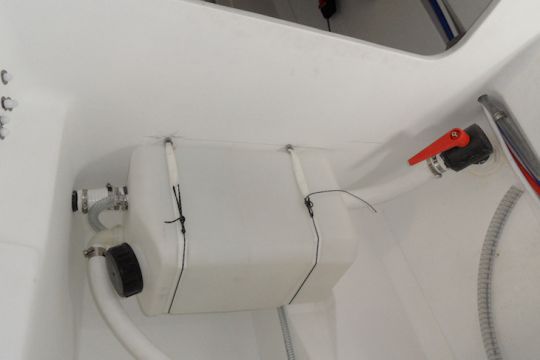

 /
/ 